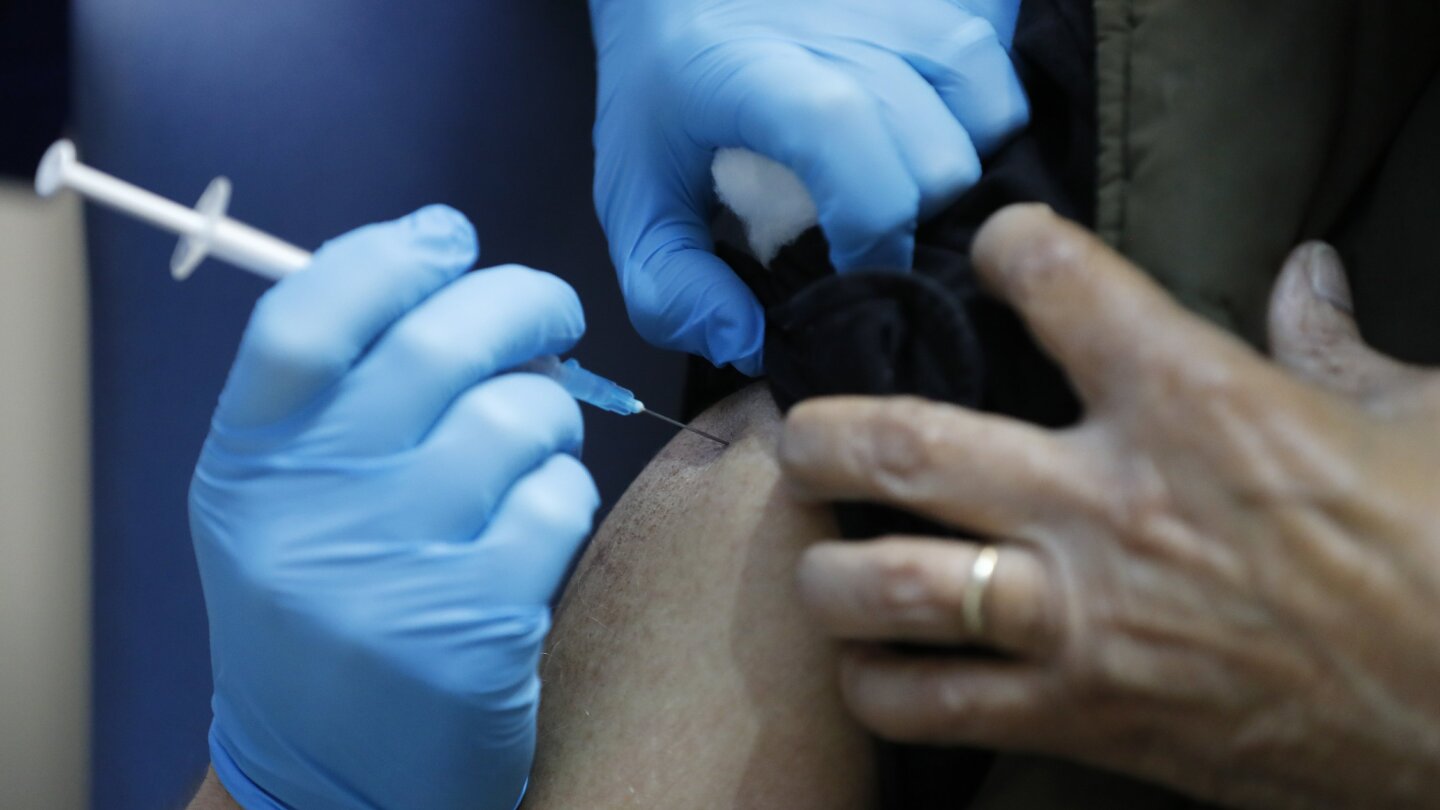@bigredfish ,
I'm in favor of reporting the CT score as long as it comes with rationale guidance, to allow for appropriate and consistent interpretation and action. I have not researched this beyond reading what you posted, which is just an overview. Presumably further guidance exists for doctors in FL as well as the public.
So, let's say you are non-symptomatic and as routine screening go for a COVID-19 PCR test, say before getting on an airplane in a situation where this is required, or attending in-person events that require pre-testing. The test comes back positive with a Ct score of 36. What action does this mean the patient needs to take?
First of all, a score of 36 is a CASE. They were infected with the virus at some point. It should be recorded as such.
Now, the problem is a score of 36 can mean any of several things:
1. Maybe they had an asymptomatic case, now past, and this is just the residue of that past infection not yet cleared out.
2. Maybe they just recently caught COVID-19 and are in the process of getting sick, and will be potentially highly infectious in a few days
3. Maybe they are currently an asymptomatic potential spreader and the sample swab just didn't get a good sample (a range of 3 Ct points can easily occur based on how the patient presents and how the sampling is done, for any given actual viral load)
So, how is Florida advising people to turn the CT value into action?
The concern of many doctors I've talked to is that there will either be inconsistent state-to-state (or even county to county) guidance about what to do, or in the absence of firm guidance, people will make up their own ideas. "I read somewhere that anything more than 30 is just remnants... I can go to (insert spreader-event-to-be-here)... it's fine."
Hopefully the guidance is something along the lines of "any positive value should result in quarantine and retesting until a negative value comes back from retesting; values of 35 or lower indicate extreme hazard of spreading infection."
Also, in many states (like mine) if you not hospitalized or part of a company that is paying for screening, getting a PCR test with a quick turnaround is VERY DIFFICULT. So, someone with an upper thirties value who retest a few days later is realistically going to be waiting a week or more for that next test result anyway.
I'm really concerned people will start self-interpreting high values as "I'm not a threat to anyone" when very often that is an incorrect conclusion.



